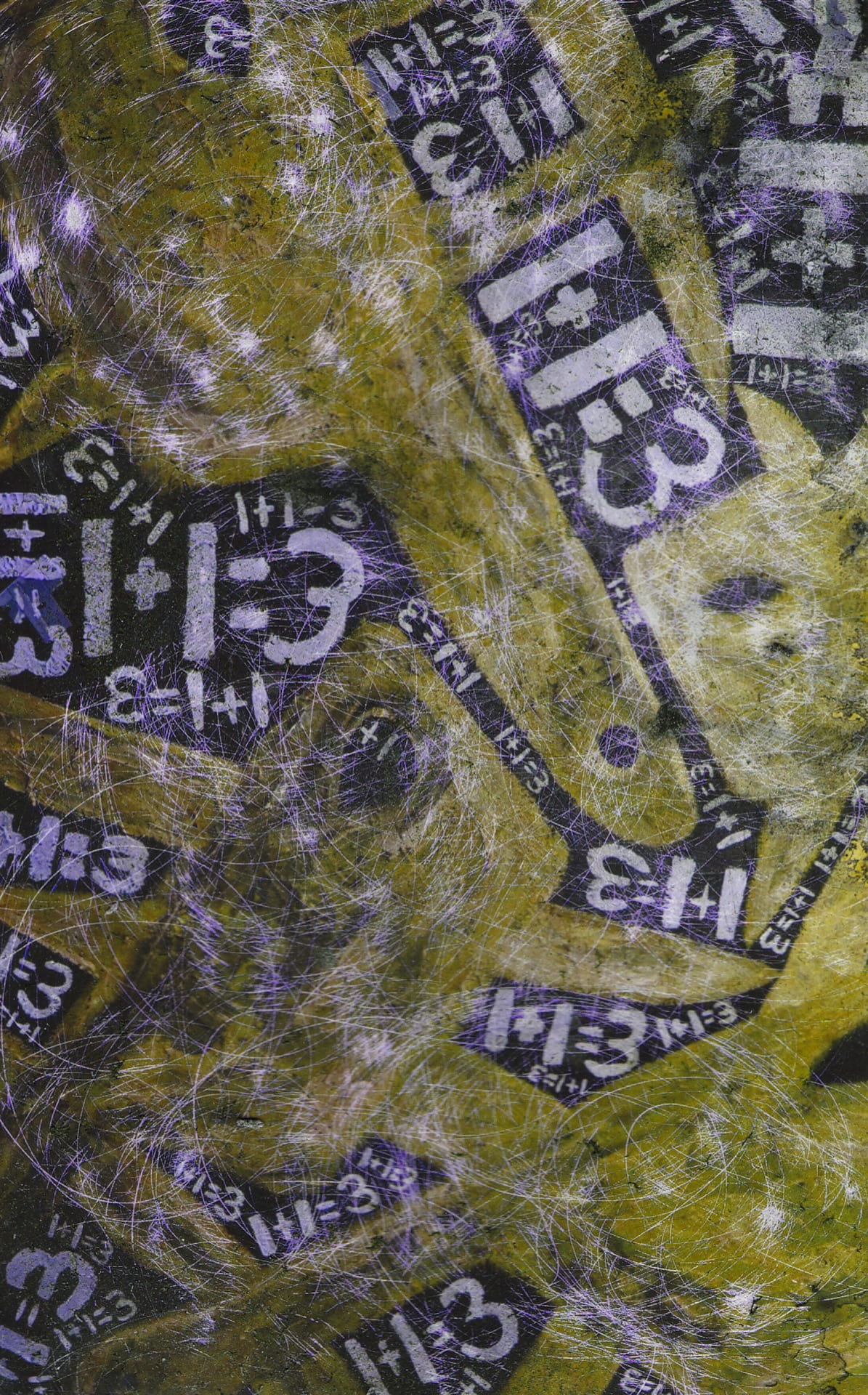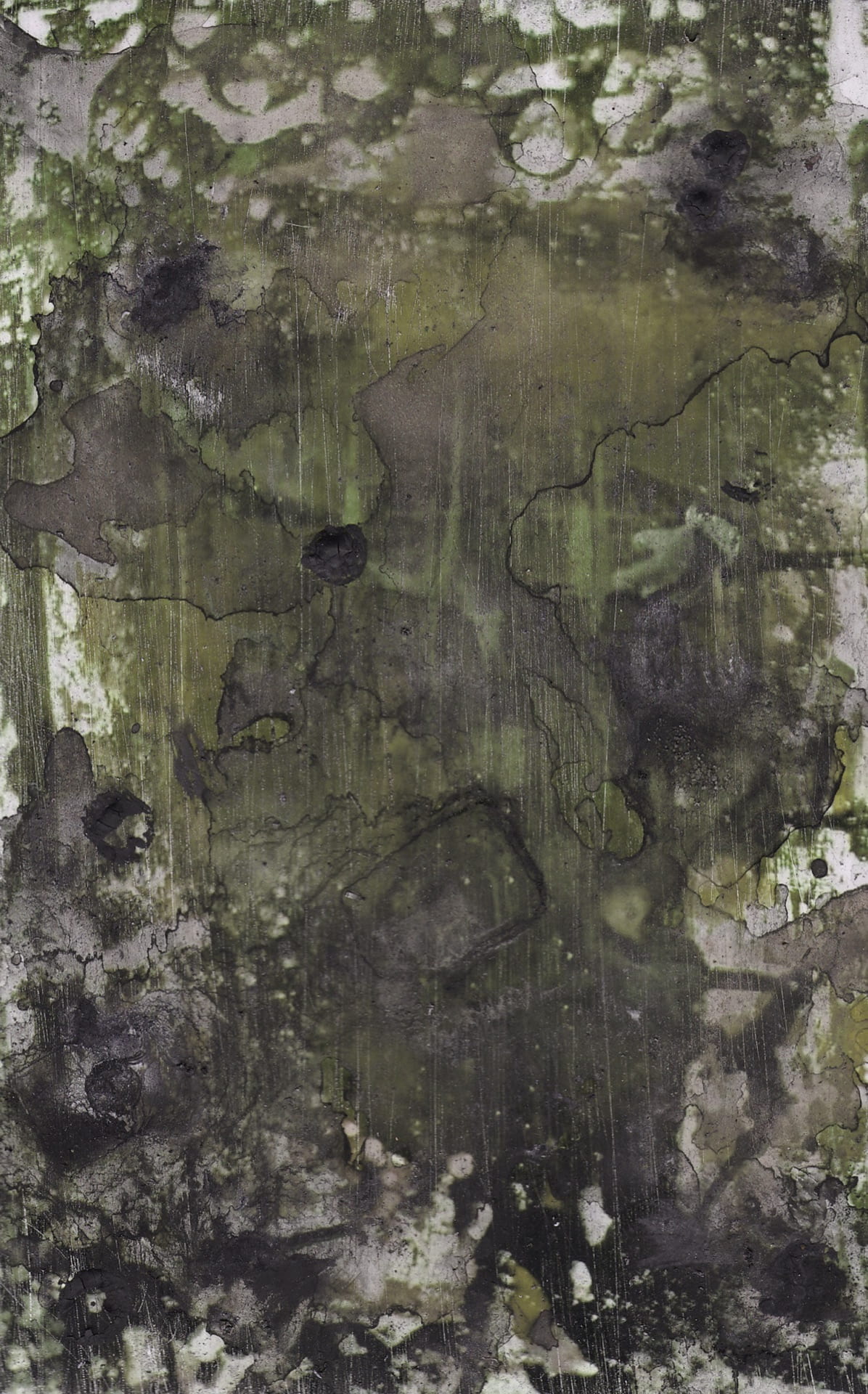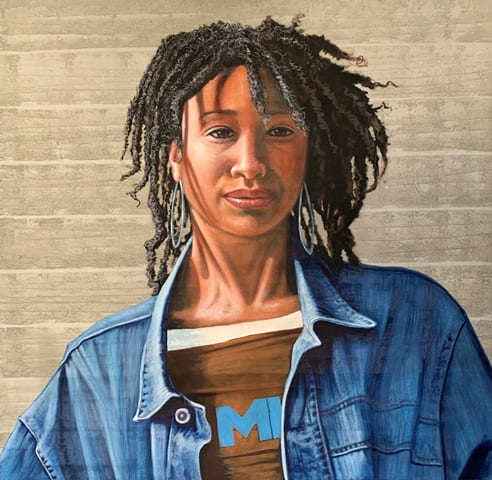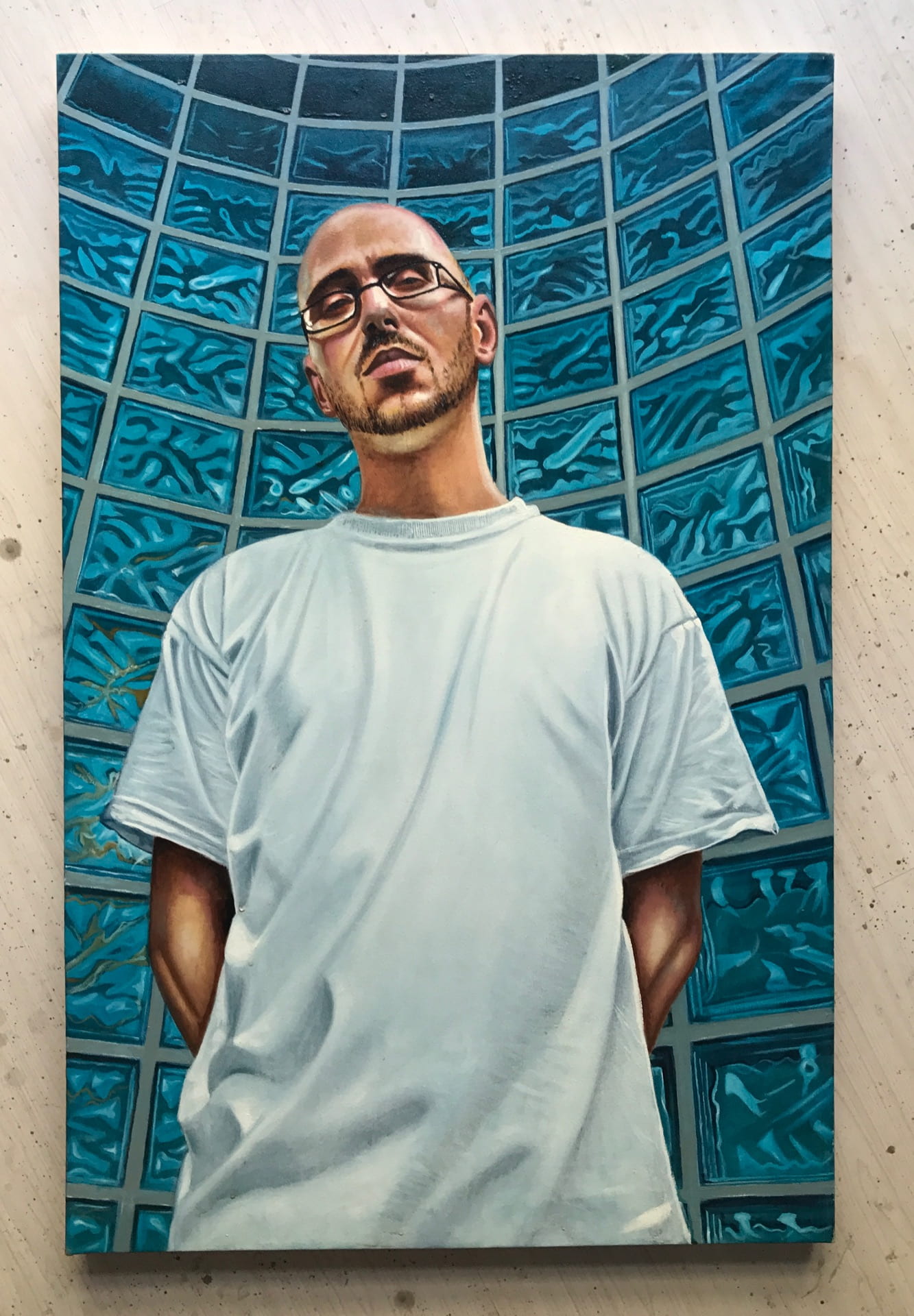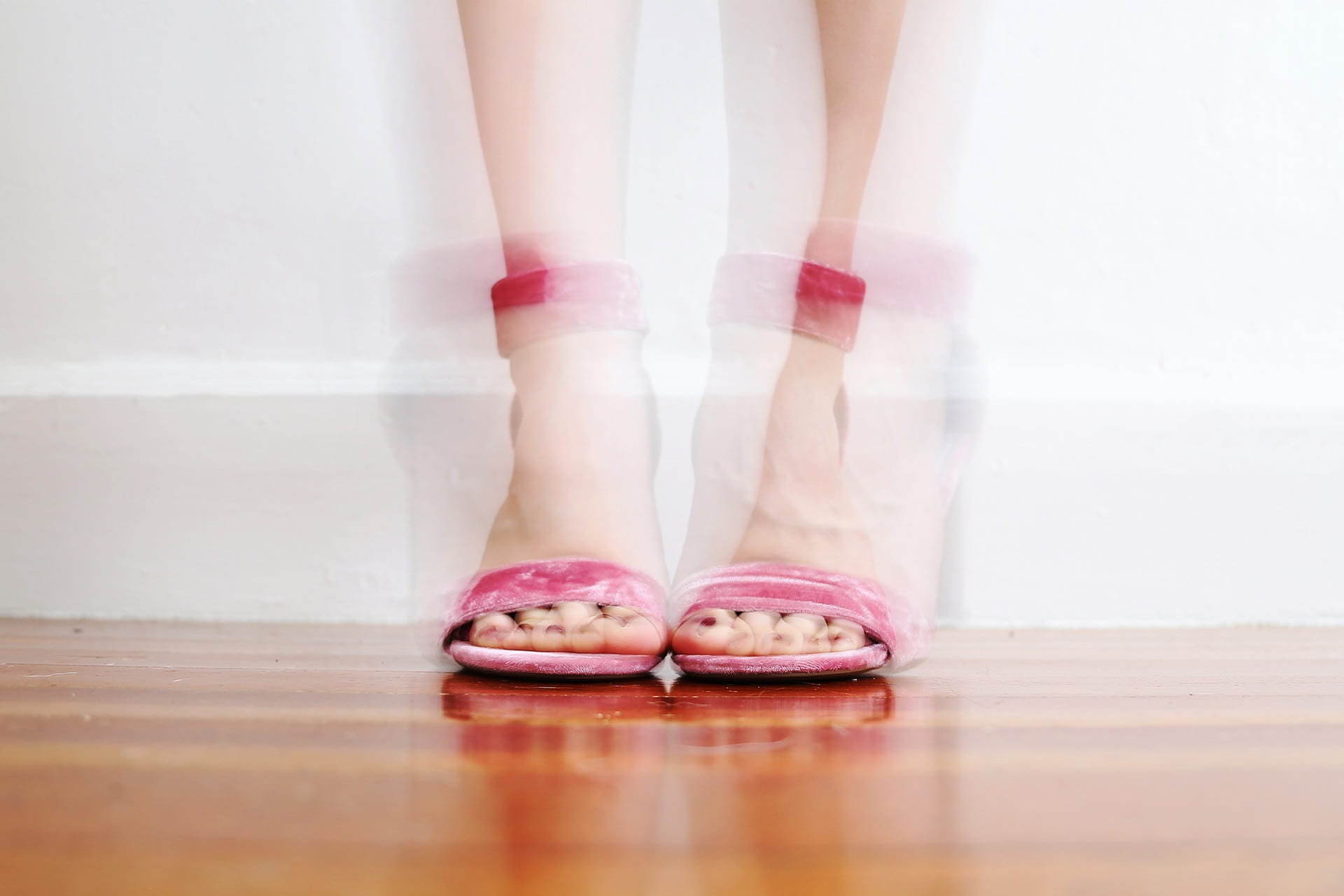The aliens were disappointing. We expected spaceships and ray guns and creatures with heads the shape of lightbulbs. We got humans—some called them “humanoids” because it sounded more exotic—wearing trenchcoats glazed with wormhole debris. Mostly, they emerged out of storm-drains and toilets and computer screens.
Smiling, terribly affable, the aliens claimed that they too came from Earth. We groaned. What was human history but the story of earthlings invading other earthlings? How cliché. We were so tired of invading ourselves.
But there was one consolation. The aliens weren’t from our Earth, which made the invasion less of a repetition, more of a rhyme. Apparently, there were Counter-Earths: i.e., countless parallel blue dots that all occupied the same mesh of space-time. As one alien explained the matter: “It’s kind of like how ghosts might all inhabit the same blanket…”
They were storytellers. Or so they said. It was hard to verify. They didn’t utter an anecdote, let alone a nice zigzagging plot… you know, one of those tales that might score a nine on the Narrative-Richter scale. No, our aliens were far more interested in eavesdropping than beginning sentences with “Once upon a time…” The aliens propped their feet on our couches and binge-watched Netflix and Disney+ and took notes in tattered journals and said, “Look at the verticality on that cliffhanger!” and “What plottery!”
The invasion showed no signs of letting up. Week after week, aliens emerged out of manholes and chimneys and stained-glass windows and, well, anything remotely mouth-shaped.
Pretty soon, nations divvied up the aliens and even small towns got their very own extraterrestrial diplomat. It was all the rage.
Naturally, our native storytellers were a bit miffed. Their emotional pendulums swung from envious to desperate. Some well-known authors even broke into stranger’s houses, hid inside pantries, and crawled out when it was dinnertime, saying, “Greetings!” pretending that they too were bards from another dimension. These tactics were typically rebuffed with comments like, “False alarm, it’s just Stephen King…” or “Honey, stop recording, it’s only Joyce Carol Oates…again.”
But as time went on, we felt gypped. The aliens seemed to have no intention of regaling us with wondrous tales of adventure and heartbreak and derring-do. All they cared about was frequenting our public libraries and lounging in our movie theaters as they survived on a diet of Milk Duds and Pepsi and popcorn.
Our expectations plummeted. What began as… That year we made contact with aliens and the secrets of the universe unfurled like a cosmic flower… quickly degenerated into… That year aliens showed up and plagiarized our best-sellers.
We even thought about exchanging our aliens, but we could find no return policy in the collars of their trenchcoats.
Finally, as a last resort, we said, “Okay, well, what would these aliens say if they ever deigned to tell a story?”
Everyone had an answer. Pretty soon, contests sprang up and speculative fiction sold out like never before. As the aliens remained mum, we studied them like humanoid-shaped landscapes and sketched their stories.
“I bet this one comes from a version of Earth where some people work as ‘human cup-holders’ and accompany people on long drives, holding their beverages and discussing the weather and the meaning of life…”
“I bet this one comes from a version of Earth where you’re required to disseminate an instruction manual on how to ‘use’ you in order to prevent miscommunication and intimacy problems …”
The aliens encouraged us. They smiled and said “Well imagined!” and “Very possible!” For aliens, they were incorrigibly polite. It wasn’t long before they were packing up their belongings and staging a mass exodus, hopping into a variety of holes and warping back to their own worlds.
We said, “Wait, that’s it?! After all this time, you won’t even tell us a single story?”
They looked puzzled.
We said, “You’re storytellers… well, at least nominally… don’t you tell stories?”
They said, “We just did! Millions of them.”
We said, “No, we told those stories. You just sat there and posed.”
Again, they looked puzzled.
We said, “Look, just because nature abhors a vacuum doesn’t mean the vacuum should get credit for the story that nature tells.”
They said, “You know, that’s the oddest thing about this Earth.”
“What?”
“You never give credit to the ghost-writers—the real ghost-writers—all those unsung voids and question marks and vacuums.”
“Sure, but what would those voids be without us?”
“What would you be without them?”
It was our turn to look puzzled.
The aliens took advantage of our collective head-scratching and said, “With us, all writing credits are attributed to bafflers.”
“Bafflers?”
“Those which baffle.”
“But—”
Before we could justify ourselves and offer a retort to all the other judgy parallel Earths in existence, the aliens leapt into nearby craters and disappeared.
We felt robbed. We felt accused. We felt chatty. It was like a big fat portal had been carved into our mental ice, and now there was nothing left to do but go fishing.
What did we catch?
Well, for starters, writing credits were dramatically increased. A single author became an absurdity. Authors like “the enigma of consciousness” were tacked on to psychology books, “the conundrum of antimatter” to sci-fi novels, “the riddle of attraction” to rom-coms. Cumulonimbus clouds and daffodils were finally given credit for co-authoring William Wordsworth’s poetry, while ideas like “god-complex” and “necromancy” were given posthumous billing for Mary Shelley’s Frankenstein.
In short, the world felt more and more like a collaboration between inspiration and inspired, and we (as perhaps the most egotistical Earth in existence) became a smudge more comfortable with opening our mouths and letting out narratives and not fussing over who was doing the telling and who was being told.
Andrew Gretes is the author of How to Dispose of Dead Elephants (Sandstone Press, 2014). His fiction has appeared in New England Review, Willow Springs, Witness, Sycamore Review, and other journals.


